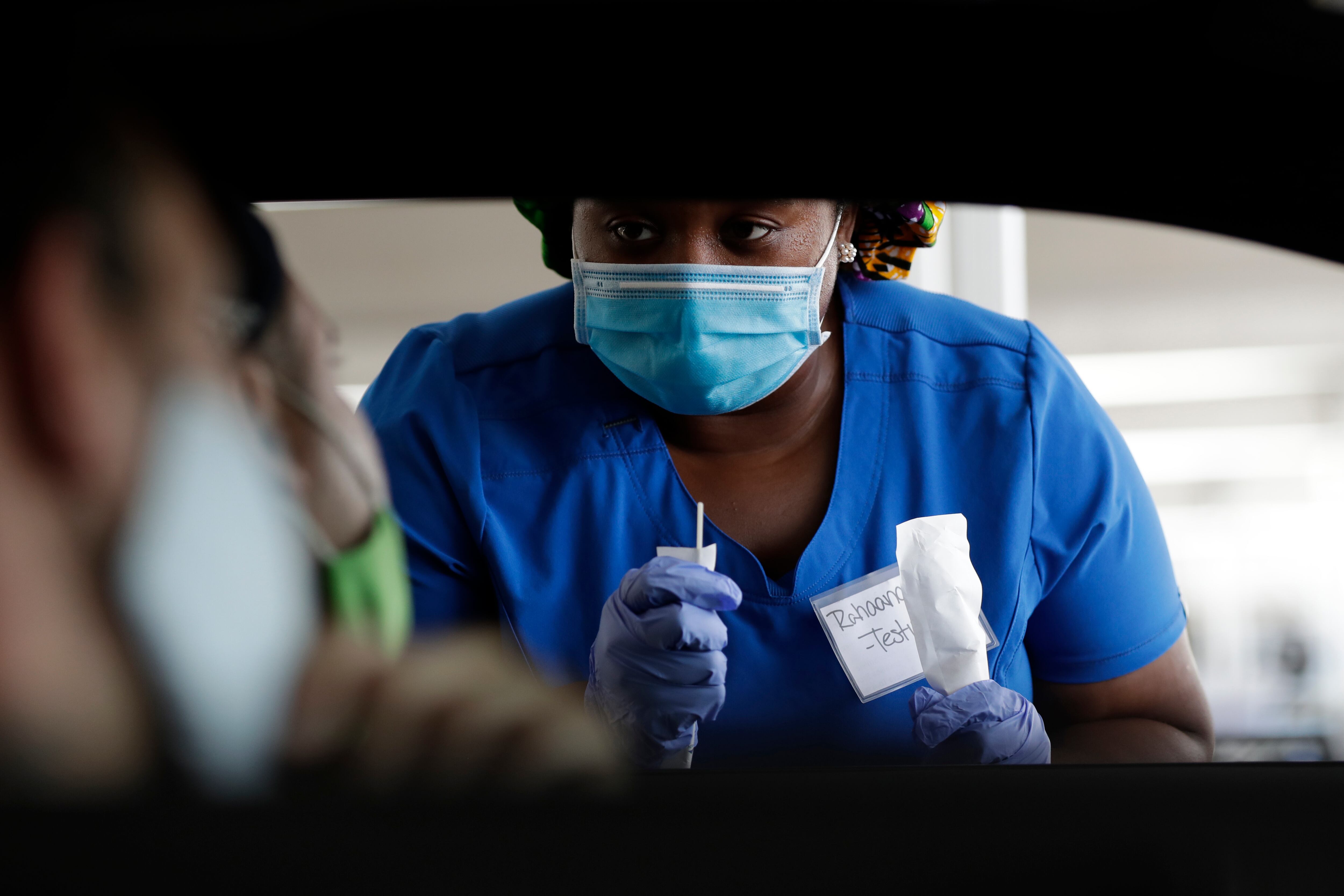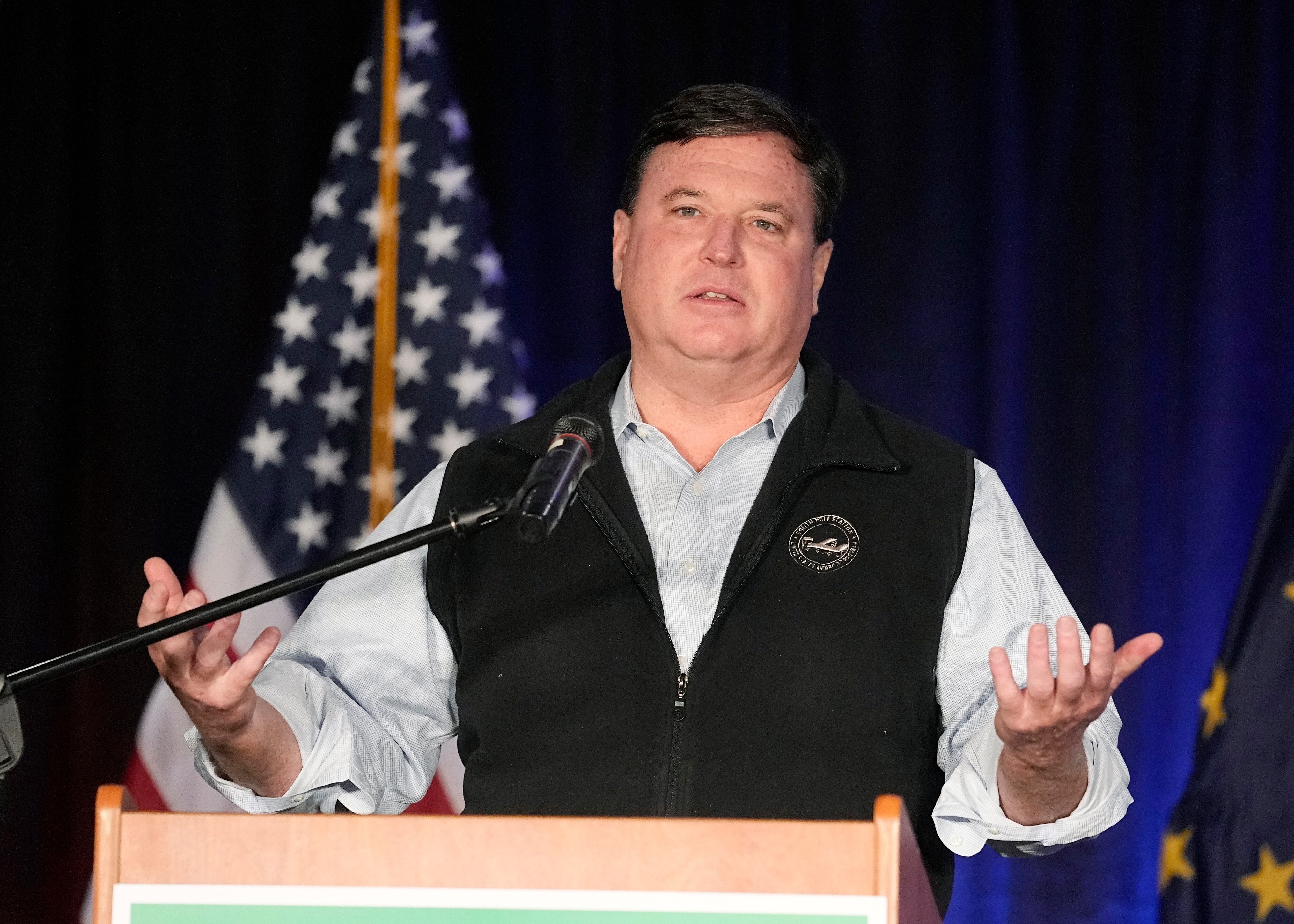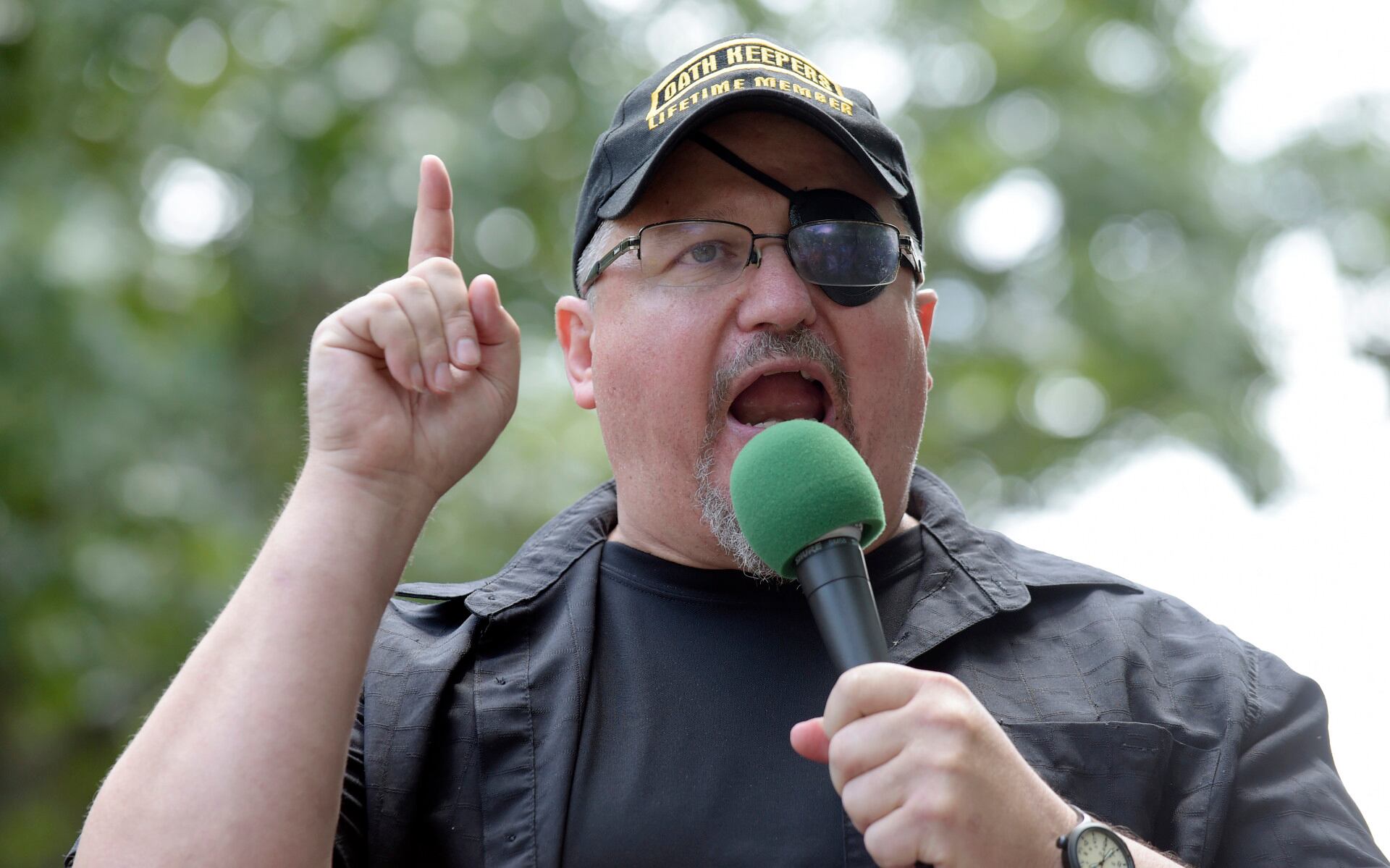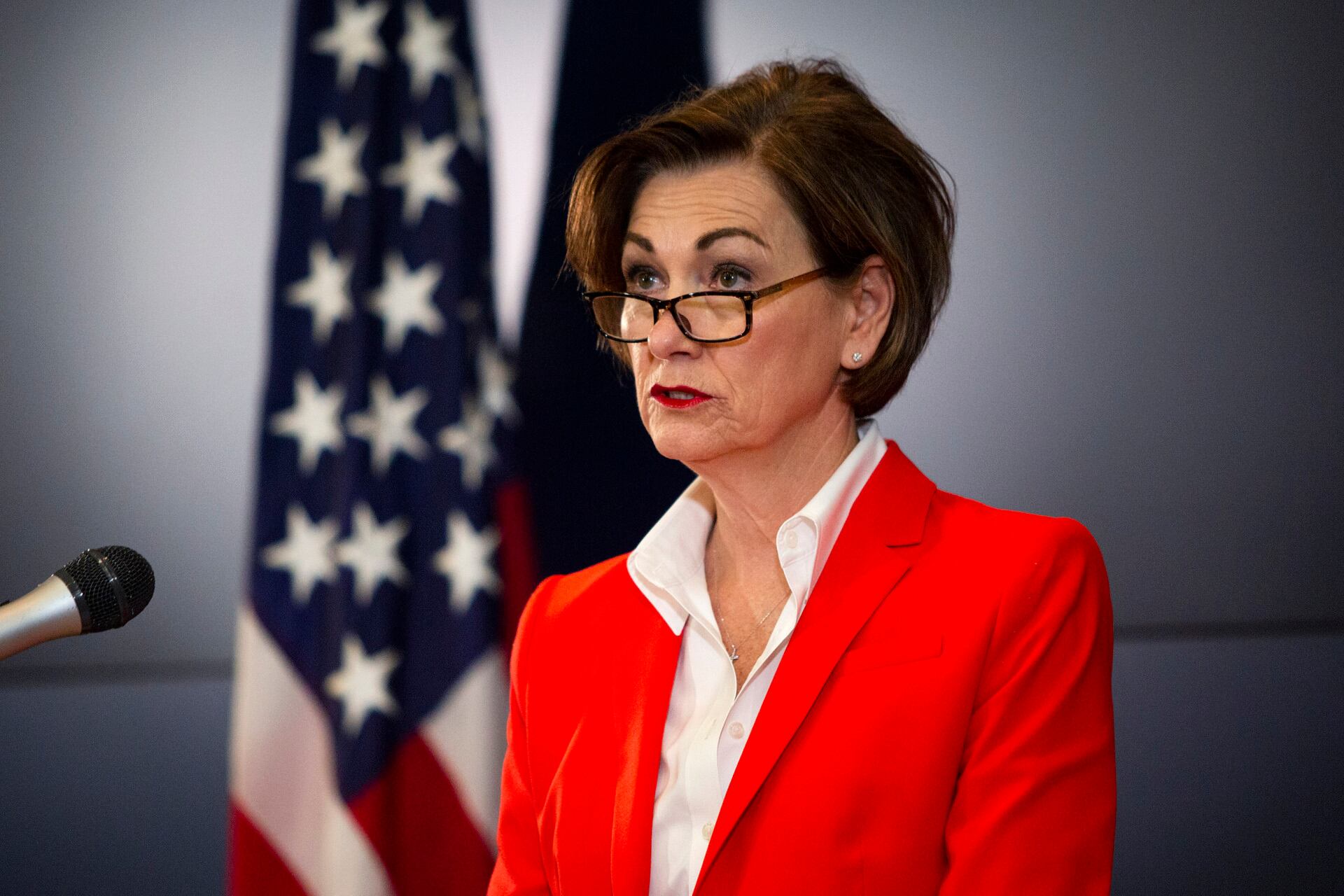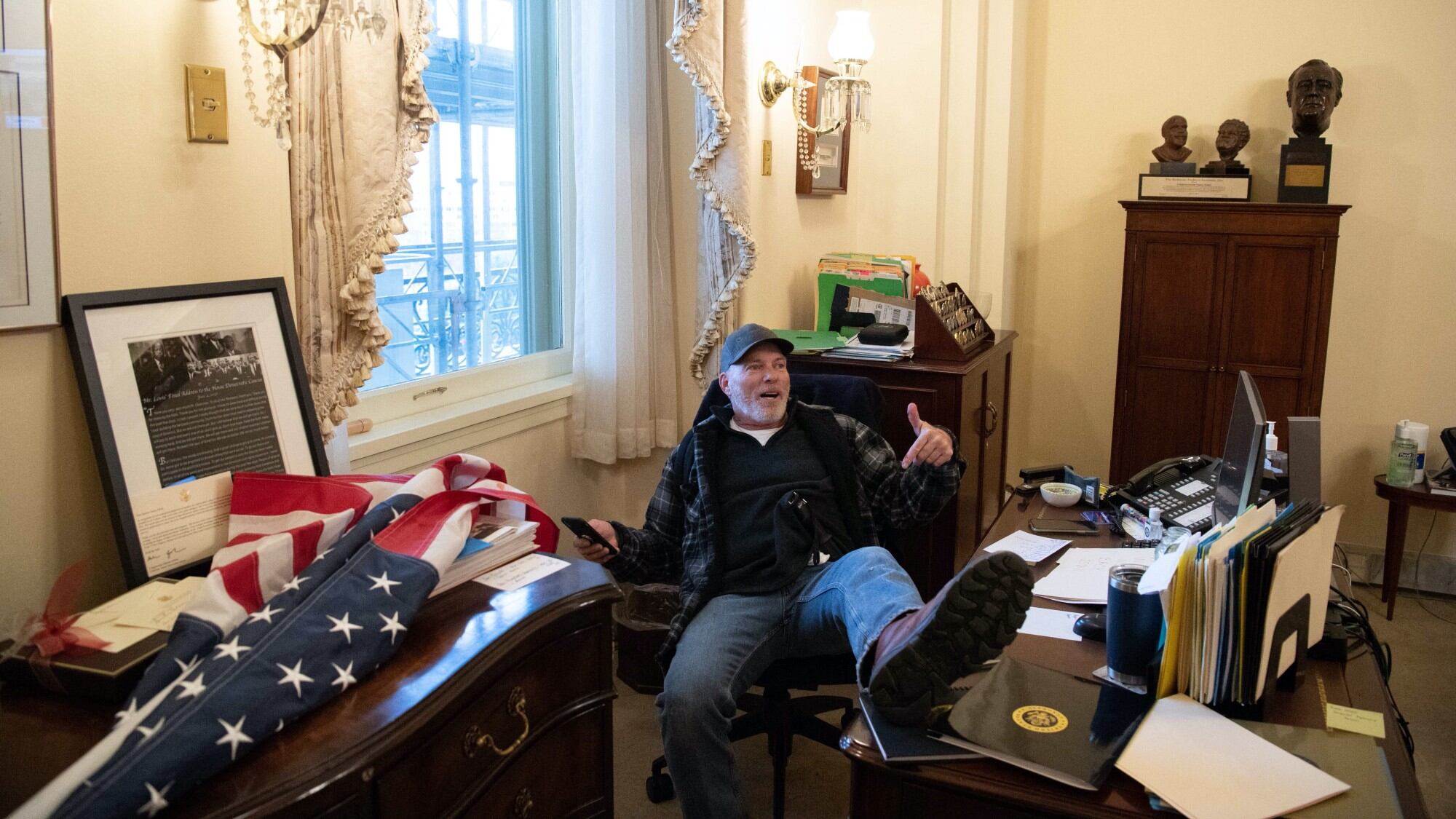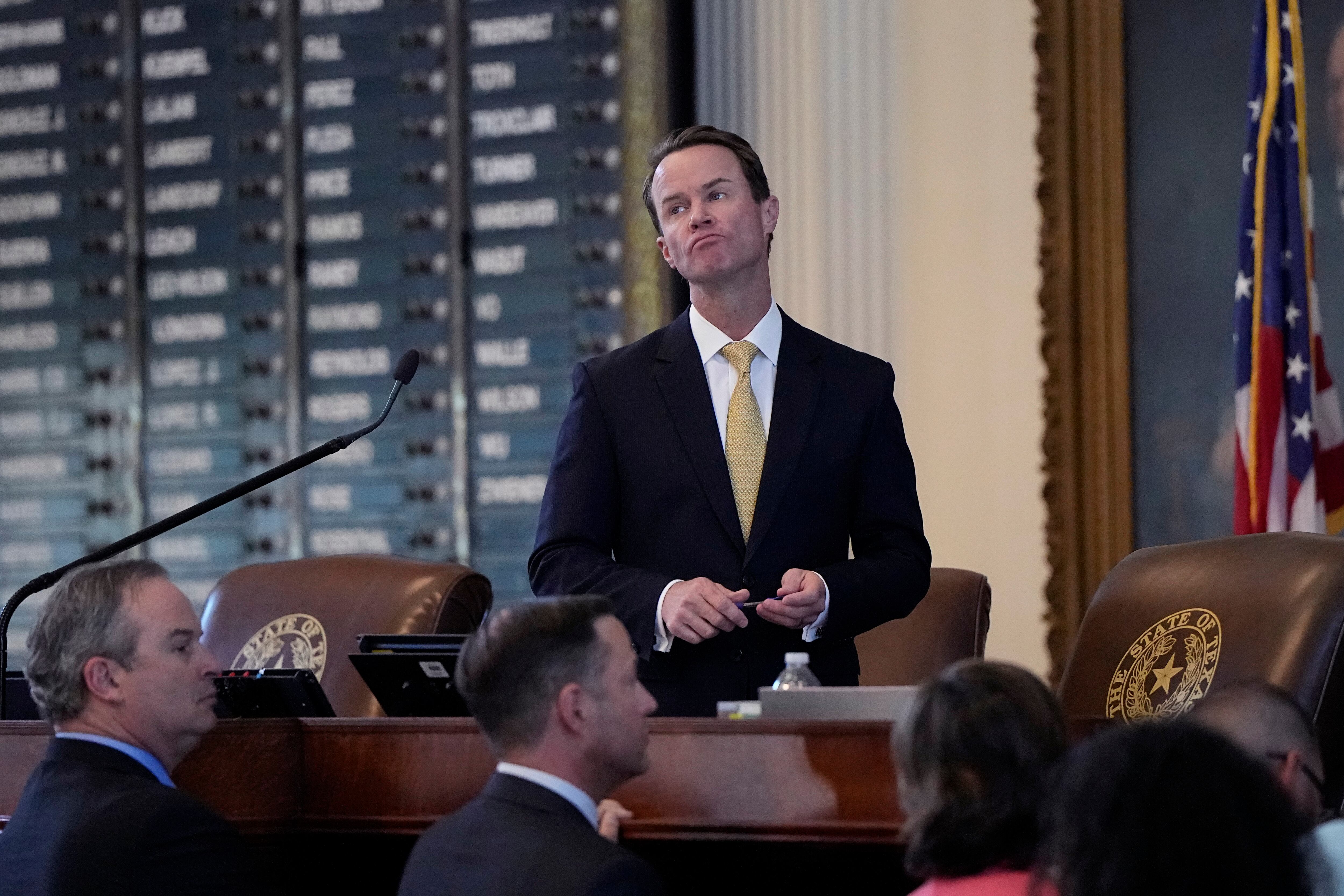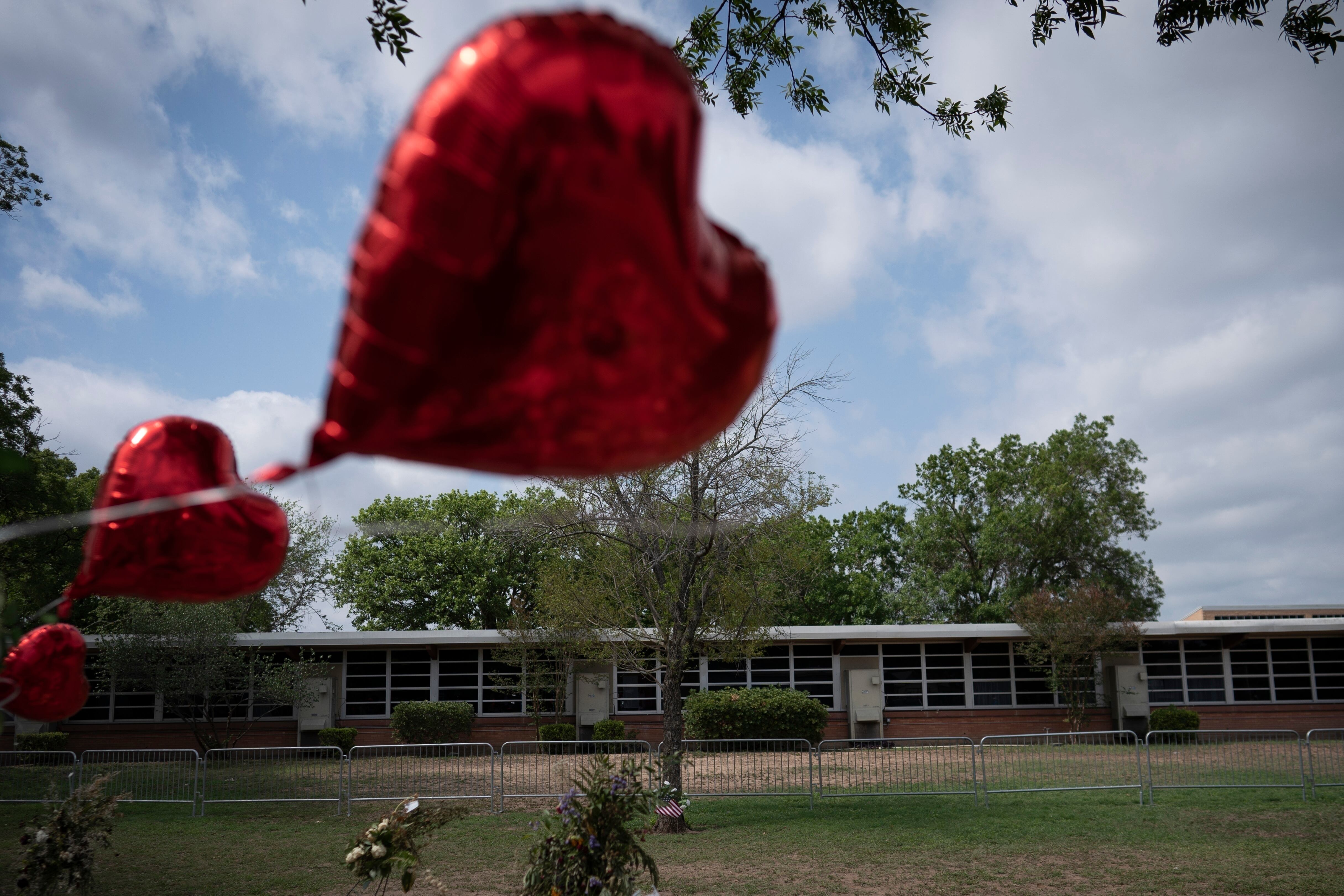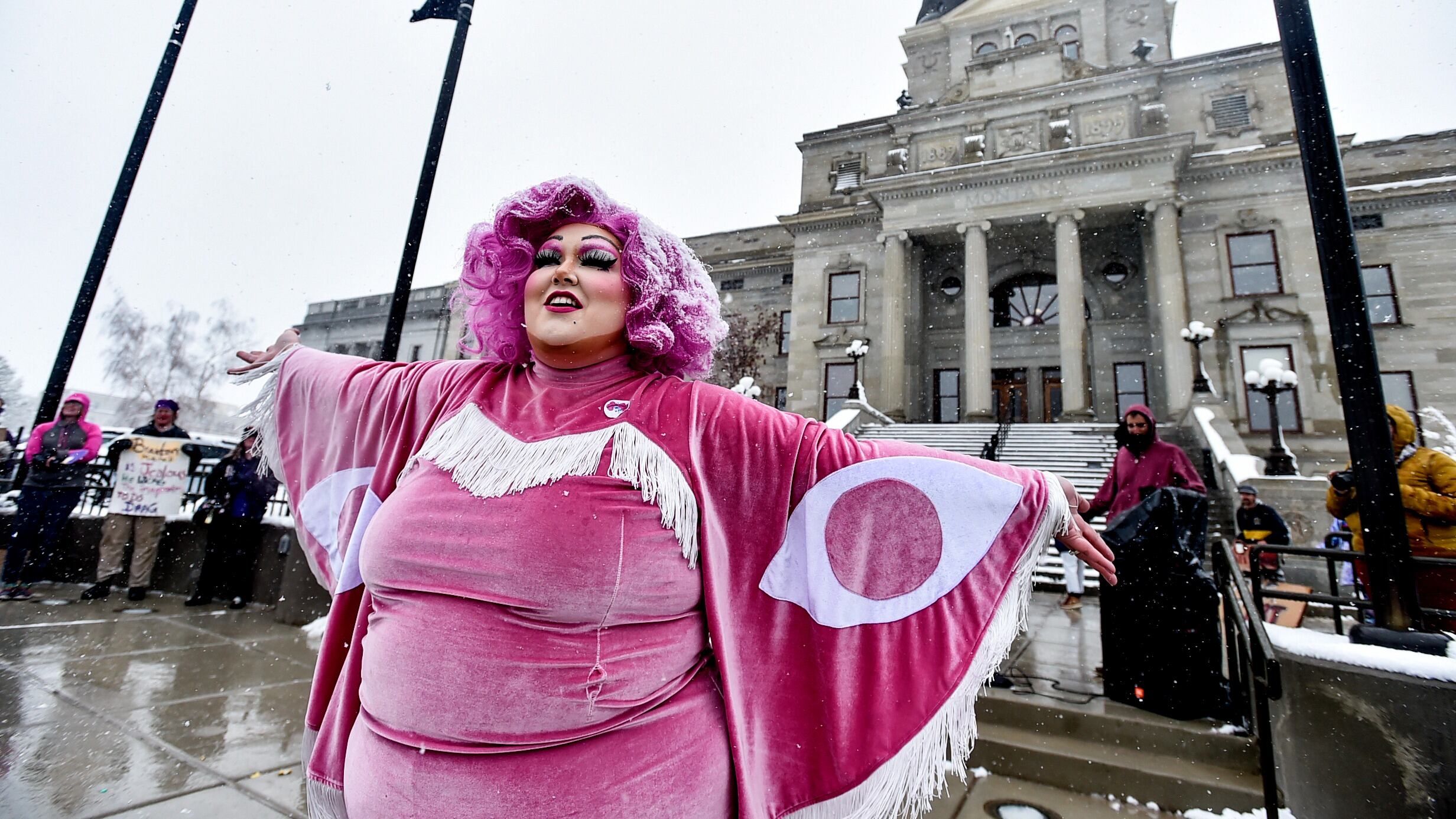By Mike Stobbe
U.S. health officials have sparked a wave of confusion after posting guidelines that coronavirus testing is not necessary for people who have been in close contact with infected people.
The new guidance was posted earlier this week on the website of a federal agency, the Centers for Disease Control and Prevention.
The CDC previously had advised local health departments to test people who have been within 6 feet of an infected person for more than 15 minutes. But on Monday a CDC testing overview page was changed to say that testing is no longer recommended for symptom-less people who were in close contact situations.
There was a caveat, however. Testing may be recommended for those with health problems that make them more likely to suffer severe illness from an infection, or if their doctor or local state officials advise they get tested.
CDC officials referred all questions to the agency's parent organization, the U.S. Department of Health and Human Services in Washington, D.C. That suggests that HHS ordered the change, not CDC, said Jennifer Nuzzo, a Johns Hopkins University public health researcher.
HHS officials have offered little explanation but scheduled a briefing for Wednesday afternoon to answer questions.
Across the country, public health experts called the change bizarre. They noted that testing contacts of infected people is a core element of public health efforts to keep outbreaks in check and that a large percentage of infected people — the CDC has said as many as 40 percent — exhibit no symptoms.
"I was taken aback and didn't know that it was under consideration," said John Auerbach, president of Trust for America's Health, a nonprofit that works to improve U.S. preparedness against disease. "The recommendation not to test asymptomatic people who likely have been exposed is not in accord with the science."
Ultimately, restricting testing could be self-defeating, because it could skew the numbers and create a perception that rates of infection are higher. Testing people who appear to be healthy would tend to lower the overall rate of positive results while narrowing testing to people who are sick would raise the overall positive rate, Auerbach said.
Why HHS would order such a change quickly became a matter of speculation. Dr. Carlos del Rio, an infectious diseases specialist at Emory University, suggested in a tweet that there are two possible explanations.
One is that it may be driven by testing supply issues that in many parts of the country have caused delays in results of a week or more, he suggested.
The other is that President Donald Trump simply wants to see case counts drop, and discouraging more people from getting tested is one way to do it, he said.
Dr. Tom Frieden, who was head of the CDC during the Obama administration, said the move follows another recent change: to no longer recommend quarantine for travelers coming from areas where infections are more common.
"Both changes are highly problematic" and need to be better explained, said Frieden, who now is president of Resolve to Save Lives, a nonprofit program that works to prevent epidemics.
Frieden said he, too, believes HHS forced CDC to post the changes. He called it "a sad day" because "CDC is being told what to write on their website."
___
Associated Press writer Ricardo Alonso-Zaldivar in Washington, D.C. contributed to this report.
___
The Associated Press Health and Science Department receives support from the Howard Hughes Medical Institute's Department of Science Education. The AP is solely responsible for all content.
